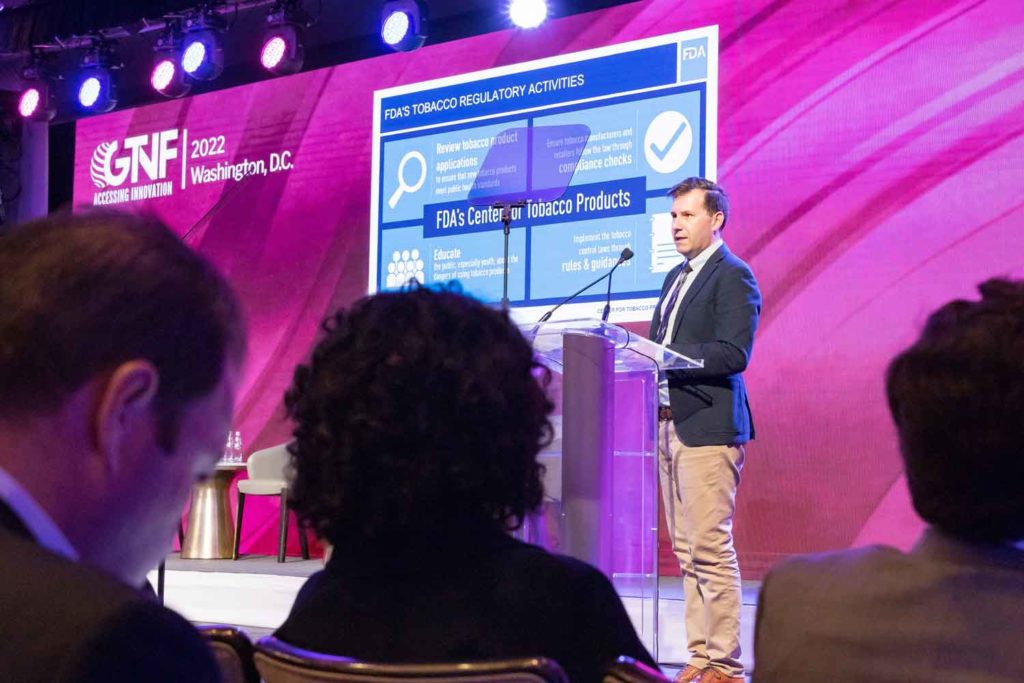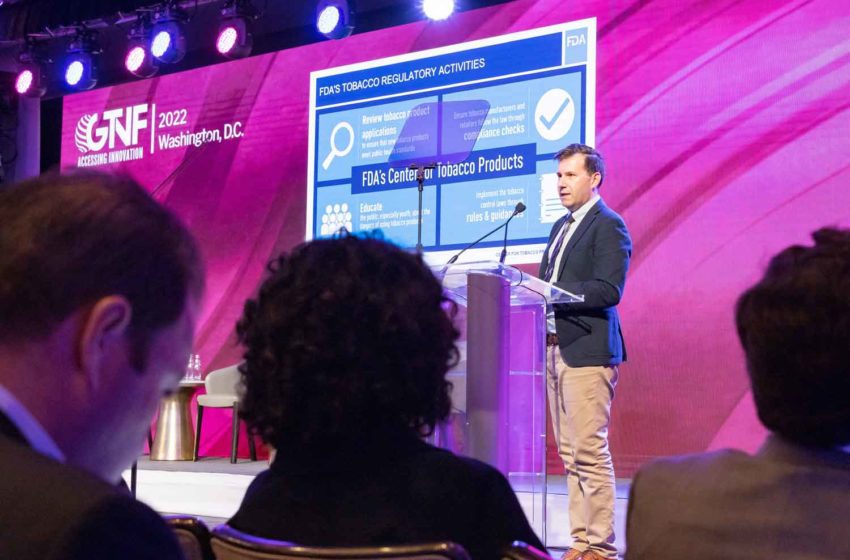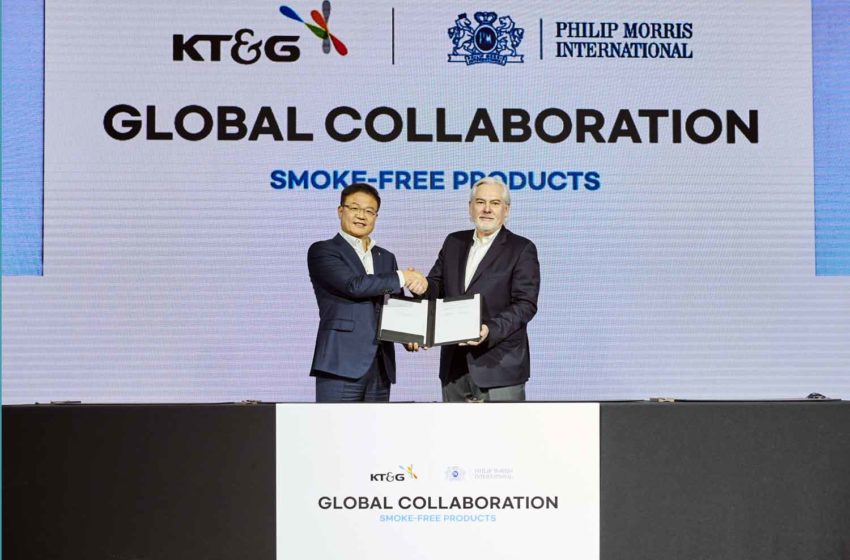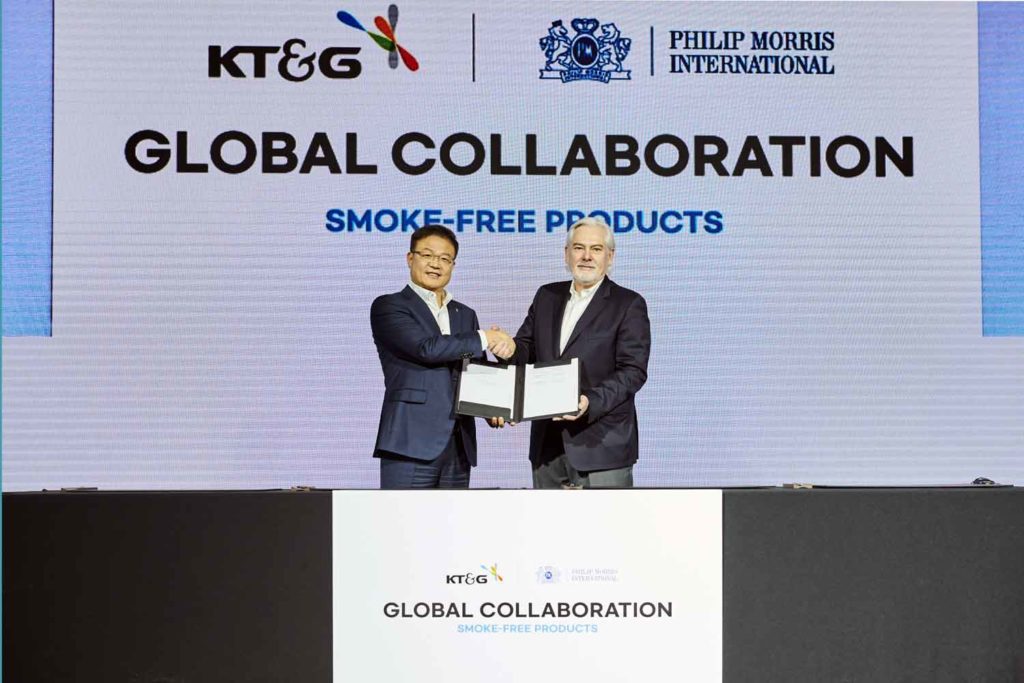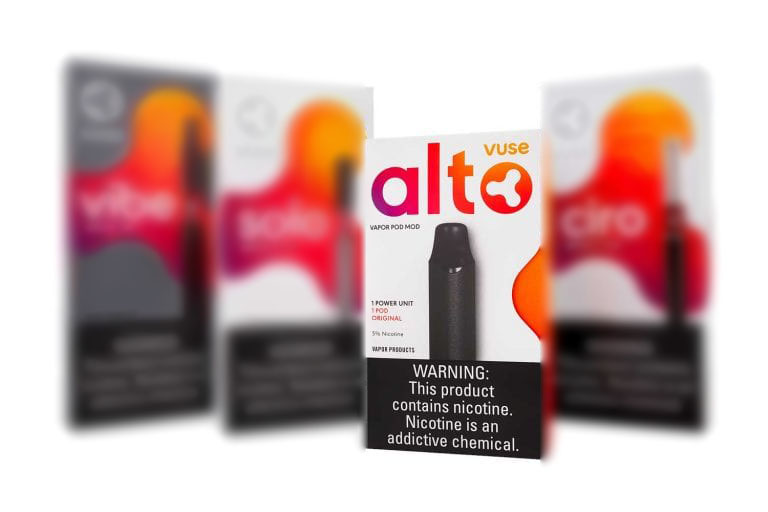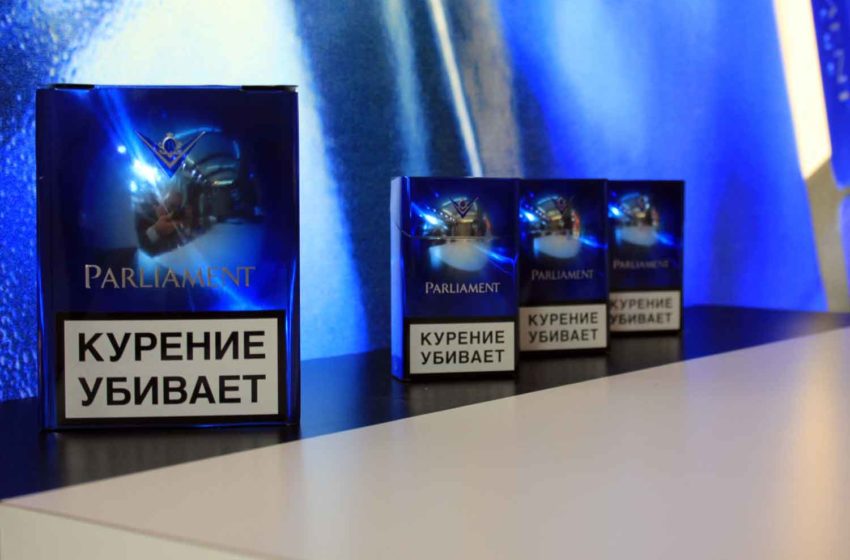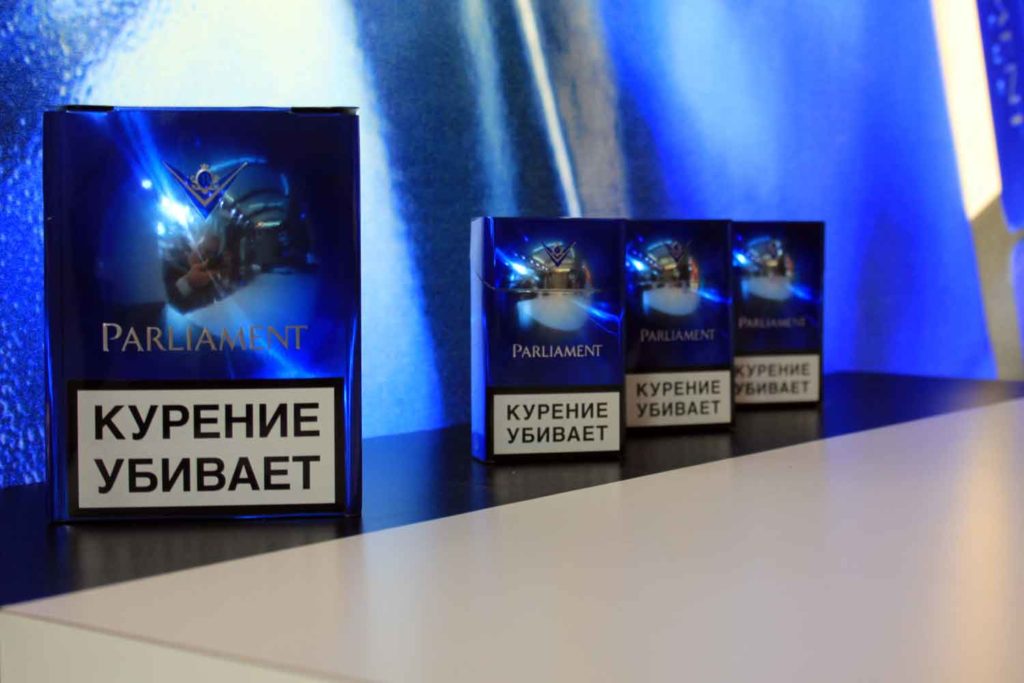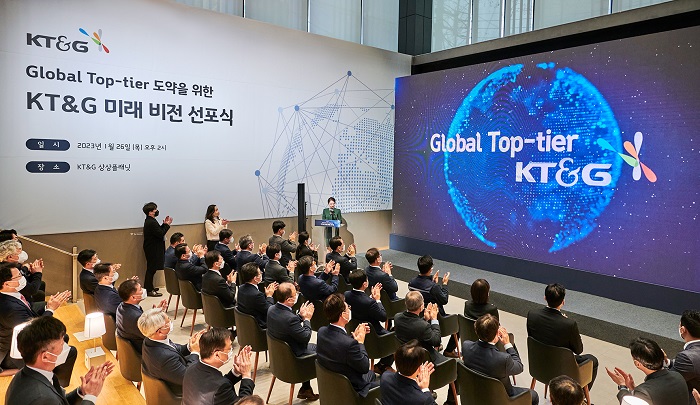The following structural changes and appointments will take effect April 1, 2023:
- Johan Vandermeulen, currently regional director, Europe, will be appointed to the new role of chief transformation officer
- Luciano Comin will be appointed to the new role of director, combustibles
- Frederico (Fred) Monteiro will be promoted to the management board as regional director, AME
- Guy Meldrum will continue to lead BAT’s largest business in the USA as president, Reynolds American Inc.
- Michael Dijanosic will take on an expanded role as regional director, APMEA
- Javed Iqbal, director, digital and information, will work with the regional directors and chief transformation officer to ensure that the digital and information agenda is fully aligned with BAT’s corporate transformation
The president of Reynolds American Inc. and regional directors for AME and APMEA, and the director, digital & information, will report to the chief transformation officer. The director, combustibles will report to the chief growth officer.
Vandermeulen joined the management board in 2014 and has extensive leadership experience across BAT, previously leading the Asia Pacific and Africa & Middle East regions, following general and marketing management roles in Russia, Turkey and as a global brand director. Vandermeulen will report to Bowles.
Comin was regional director, Americas & Sub-Saharan Africa, prior to which he held senior general and marketing management positions in Europe, Mexico and Malaysia.
Monteiro has spent more than 20 years with BAT, most recently as area director of central Europe south, based in Romania. Prior to this role, Monteiro has held numerous senior leadership positions including marketing director, next generation products; head of marketing for the Europe Region and general manager, BAT Japan.
Further, David O’Reilly, director, research and science, will step down from the management board on Feb. 28, 2023, and leave BAT with effect May 31, 2023, to pursue other interests.
O’Reilly joined the management board in January 2012, and has been instrumental, both internally and externally, in driving the science agenda that has underpinned BAT’s transformation.
O’Reilly will be succeeded by James Murphy, currently executive vice president of scientific research and development at Reynolds American Inc.
Murphy has been with BAT for over 17 years and has held a number of senior roles in the center in R&D, operations and marketing as well as in the Americas and Sub-Saharan Africa region. Murphy will join the management board as the director, research and science designate, with effect from Feb. 1, 2023, before assuming the role of director, research and science, reporting to the CEO, on March 1, 2023.
